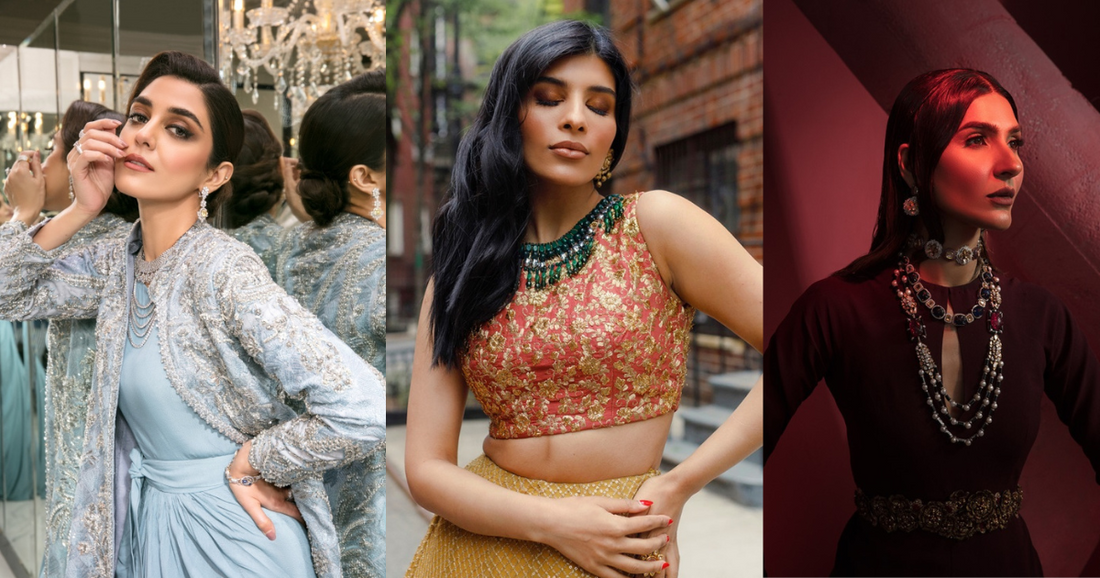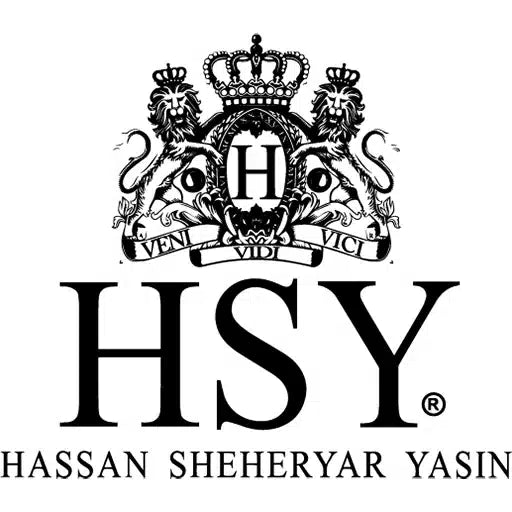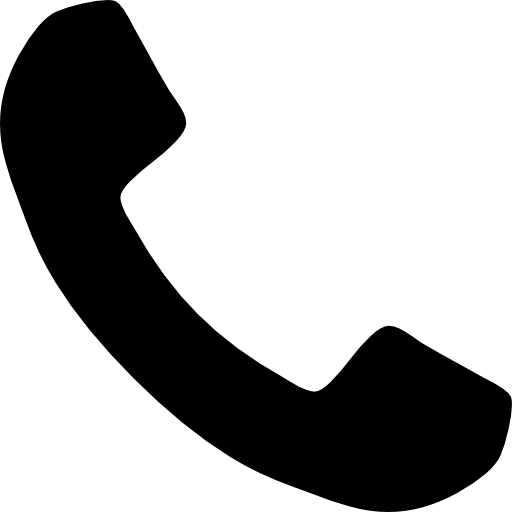
What to wear to your Pakistani friend's wedding
Share
Attending a Pakistani wedding is like stepping into a vibrant tapestry of tradition, color, and elegance. The wedding celebrations are extravagant and full of cultural significance, and your attire plays a crucial role in this joyous occasion. Whether you're a guest or part of the bridal party, knowing what to wear can enhance your experience and ensure you feel confident, beautiful, and empowered. Here's a guide to help you choose the perfect outfit for your Pakistani friend's wedding.
Understanding the dress code
Desi weddings are famous for their lavishness and splendor. Each event in the wedding sequence—such as the Mehndi, Nikah, and Walima—has its own traditional attire that reflects the specific occasion. It's important to understand the dress code for each event to blend seamlessly into the celebration.
Mehndi
This pre-wedding ceremony is characterized by lively music, dance, and vibrant colors. Women often don vibrant and colorful attire, including lehengas, shalwar kameez, or sarees adorned with detailed embroidery and decorations. Men might opt for a kurta with a waistcoat or a traditional shalwar kameez. Think bold, festive, and fun.
Nikah
The Nikah is the solemnization of the marriage and calls for more formal and traditional attire. Women often wear elegant lehengas or sarees in rich fabrics like silk, chiffon or velvet, adorned with delicate embroidery. Men usually wear a shalwar kameez or a kurta. This is a moment of significance, so your outfit should reflect both respect and sophistication.
Walima
The Walima is a celebratory reception organized by the groom's family. This is a celebratory event, and the attire can be slightly more comfortable but still elegant. Women might choose to wear embellished gowns or sarees, while men can opt for a well-tailored suit or a stylish prince coat.
Perfect outfit tips for women
Selecting the right outfit involves a mix of understanding the event's formality and embracing the traditional elements of Pakistani attire. Here's a closer look at what women should consider:
Fabrics and colors
Women should choose luxurious fabrics like silk, chiffon, and velvet to add a touch of elegance to their outfits. For the Mehndi, vibrant and bold colors are ideal, while deeper hues like red, emerald green, or burgundy are perfect for the baraat. For the Nikkah, consider soft, ethereal shades like ivory, blush, or pastel pink to reflect the solemnity of the occasion. For the walima, opt for light colors such as sky blue, light green, light purple, or baby pink. Avoid overly casual fabrics and stick to something that feels special.
Embellishments and embroidery
Punjabi wedding attires often feature intricate embroidery and embellishments. Think about outfits with colorful threadwork, mirrors, or beadwork for a Mehndi. For more formal events like the Nikah or Walima, outfits with delicate embroidery, sequins, and precious stones or laces are appropriate. These niceties not only enhance the look but also align with the magnificence of the celebration.
Accessories
Accessories are essential for completing an outfit. Women can select from various traditional jewelry pieces like jhumkas, bangles, and maang tikka. Ensure your accessories complement your clothing without overwhelming it.
Tips for men's attire
There are some tips men should follow to ensure they are dressed appropriately and stylishly for each event.
Sherwani
For formal events like the Nikah, a shalwar kameez or kurta shalwar is a classic choice. You can also wear a light colour prince coat over a kurta, paired with either churidar or shalwar pants. Opt for rich fabrics and colors to enhance the formality of the occasion.
Kurta with waistcoat
For less formal events like the Mehndi or the Walima, a kurta with a matching or contrasting waistcoat is a stylish and comfortable option. Choose fabrics like cotton or silk and pair with traditional footwear like a Peshawari chappal, jutti or moccasins.
Suits
A well-tailored suit can be a great alternative for the Walima, especially if you prefer a more modern look. Choose a suit in classic colors like navy, grey, black or charcoal, and accessorize with a traditional touch, such as a pocket square or a patterned tie and a well-chosen watch.
Embracing cultural elements
Attending a desi wedding isn't just about the attire; it's about embracing the culture and traditions. Understanding the significance of the attire and participating respectfully in the celebrations adds to the authenticity of your experience.
Respect for tradition
Wearing traditional attire shows respect for the cultural norms of the wedding. It reflects your appreciation for the couple's heritage and enhances your experience as part of the celebration.
Comfort and confidence
While looking elegant is important, feeling comfortable in your outfit is equally crucial. Wear something that allows you to move freely and relish the festivities. When you feel comfortable, you exude confidence, and that's the best accessory you can wear.
Conclusion
Choosing the right outfit for your Pakistani friend's wedding involves a blend of understanding the cultural significance, embracing traditional elements, and ensuring your own comfort and confidence. From vibrant lehengas and elegant sherwanis to intricate accessories and luxurious fabrics, your attire will help you blend seamlessly into the celebration, making you feel beautiful and empowered. By honoring the traditions and dressing thoughtfully, you contribute to the joy and splendor of the wedding festivities, creating memories that will last a lifetime.







